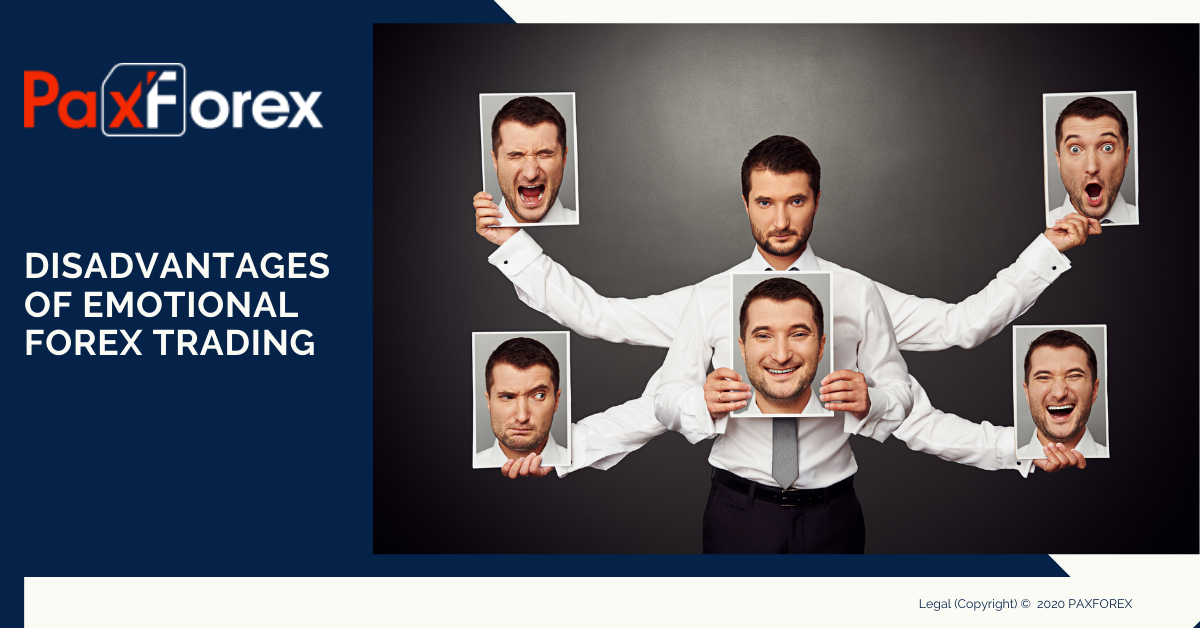
The psychology of forex trading has much to do with a trader’s instinctual reaction to the market. In a changeable trading environment, uncontrollable emotions are possible, especially during market movement. Oftentimes, the emotions that go unchecked can lead to unpredictable results. Whether your strategy dictates you to hold on or close a trade, emotions can trigger different reactions that might affect output. With plenty of information coming in, forex traders must master how to manage emotions, especially when challenged.
Emotions are part of human nature. They may manifest as positive or negative feelings. Since a trader is, first of all, a human being, emotions can interfere during the trading. It is essential to learn how to handle them to prevent they constitute an obstacle to your success. Emotions are without a doubt among the most influencing factors for traders and how traders handle emotions in their trading determines whether or not they can be profitable over the long term.
The psychological aspect of forex trading is extremely important, and the reason for that is fairly simple: Traders are often darting in and out forex trades on short notice, and are forced to make quick decisions. To accomplish this, they need a certain presence of mind. They also, by extension, need discipline, so that they stick with previously established trading plans and know when to book profits and losses.
After going to the trouble of developing and implementing a trading plan, why would a forex trader ever begin breaking their own trading rules? When people fail in forex trading they blame their costly trading systems and their mentors and some will even go ahead to lay blame on their forex broker or trading system but in the actual sense, the big problem is emotions. Some traders that do not understand that emotions play a major role in life and they will go ahead to change their trading system, broker, and mentor but the losses will increase.
To become a successful trader, you will need to manage emotions and rely on reasonable thought process based on your strategy. By changing both attitude and way of thinking, you can control your thoughts and reactions during any type of trade. It is also important to remember that emotional management does not mean anger or anxiety is a wrong response. The essential step is to be able to manage emotions and channel this into positive action.







